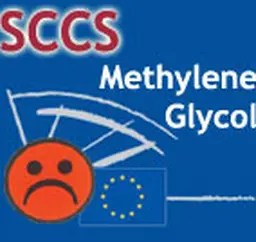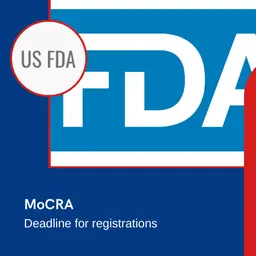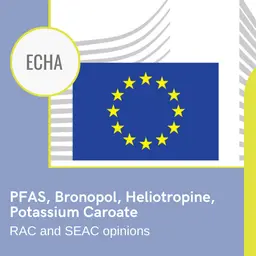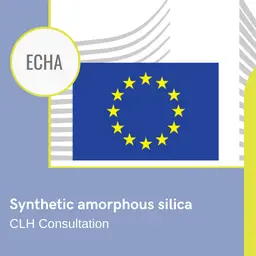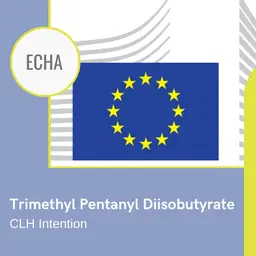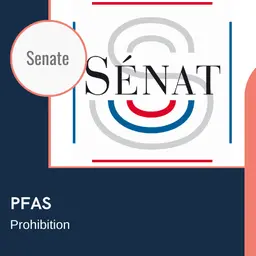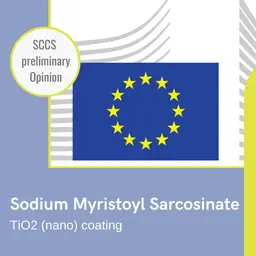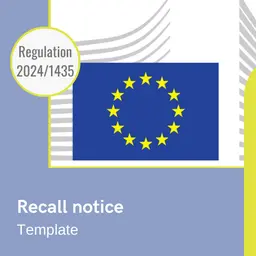
Methylene glycol, or hydrated formaldehyde, is currently not restricted after the regulation on cosmetics, contrary to formaldehyde per se. However, this substance is often present in products, especially those used for hair straightening products. The European Commission envisages banning it in these products. A public consultation is open until 27 September 2013.
Text of the Public consultation on Methylene glycol in the framework of Regulation (EC) no 1223/2009
Background
Methylene glycol, or hydrated formaldehyde is formed upon dissolution of formaldehyde in water and exists in equilibrium with formaldehyde in aqueous solutions. While restrictions for the use of formaldehyde in cosmetic products exist in Directive 76/768/EEC, Annex III, entry 13 (concerning formaldehyde in nail hardeners) and in Annex VI, entry 5 (concerning formaldehyde and paraformaldehyde used as preservatives), methylene glycol is not explicitly included in these entries.
Since 2010, market surveillance authorities in several Member States have been notifying through RAPEX and withdrawing products which released formaldehyde above the 0.2% concentration allowed for its use as a preservative in products other than oral products. Based on the information made available by Member States, the Commission requested the SCCS to assess the safety of methylene glycol, after confirming it is equivalent to formaldehyde.
As a result, the SCCS adopted an Opinion on 27 June 2012 , in which it concluded that "from a practical point of view, it is justified to consider the aqueous mixture of gaseous formaldehyde and methylene glycol as “free formaldehyde” and the quantities as “formaldehyde equivalents” (preferably expressed as formaldehyde …

